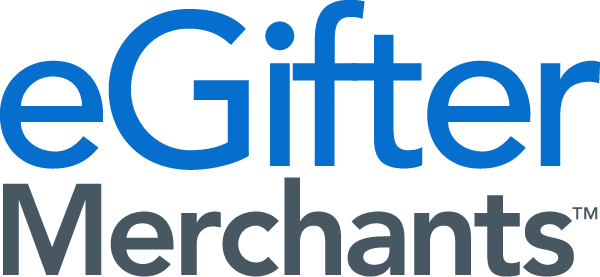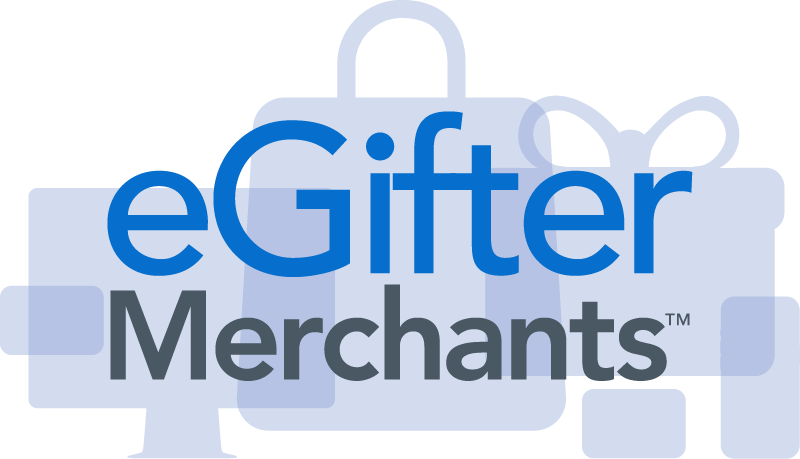eGifter, a provider of online gift card services to Target, Pottery Barn and other retailers, plans to raise as much as $11 million from investors, one of Long Island’s largest funding rounds for a startup company this year.
Huntington-based GroupGifting.com Inc., which operates as eGifter, is raising the money through a private placement. A private placement is the sale of securities not registered with the Securities and Exchange Commission to a limited number of investors, either institutions or accredited investors whose annual income is at least $200,000 for an individual, $300,000 for a couple, or whose net worth is more than $1 million.
eGifter has hired Manhattan-based TriPoint Global Equities LLC, an investment bank that works with small and mid-sized companies, to raise the $11 million — up to $10 million from the sale of convertible preferred stock plus another million dollars if the deal is oversubscribed.
Veteran Long Island technology entrepreneur Tyler Roye, eGifter co-founder and chief executive, did not immediately respond to a request for comment.
The 4-year-old company’s prior capital rounds totaled $8.5 million, according to TriPoint’s investment summary. Investors included Robert Brill of Jericho-based Newlight Management, and Russell M. Artzt, co-founder of software giant CA Technologies.
Few Long Island startups have attracted funding from venture capital funds in recent years. Mark Elenowitz, founder and chief executive of TriPoint, said that the lack of funding can stunt growth.
“There are good companies here. They just haven’t had a chance,” he said. “Long Island companies have been capital constrained like most small issuers.”
In a twist, eGifter will employ a little-used provision of the 2012 JOBS Act, Rule 506(c), which does away with federal prohibitions on advertising private placements. The rule does require issuers to take “reasonable steps” to verify that purchasers meet the wealth threshold of “accredited investors.”
“This is the future of capital raising,” said Alon Kapen, a corporate attorney at Uniondale-based law firm Farrell Fritz, which is not involved in the deal. “The old method of passing the hat around at your country club” is being eclipsed, he said. “Now you can use the internet and have access in theory to millions and millions of accredited investors.”
In a January speech, SEC chairwoman Mary Jo White acknowledged that a “vibrant” market for older-style private placements — which bar general solicitation and only allow issuers to solicit investors with whom they had a pre-existing relationship — had raised $2.8 trillion from 2013 through 2015, while private placements under 506(c) had raised about $71 billion.
Kapen said that though the older-style private placements were limited, investors could self-verify their accredited status by simply filling out a questionnaire.
He attributed the slow response to 506(c) to the “much more invasive” requirement for verifying investors’ status.
“A lot of companies are not taking advantage of this new pathway,” he said. “It must be because investors are not comfortable” turning over tax returns or brokerage statements to prove that they qualify for an offering.
View on Newsday







